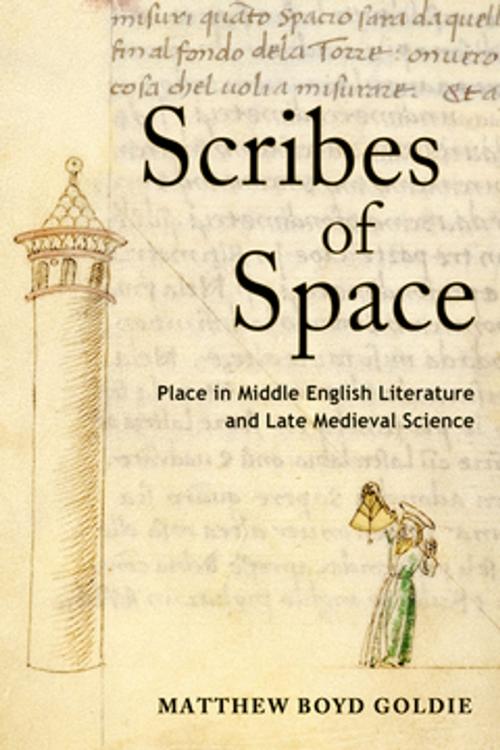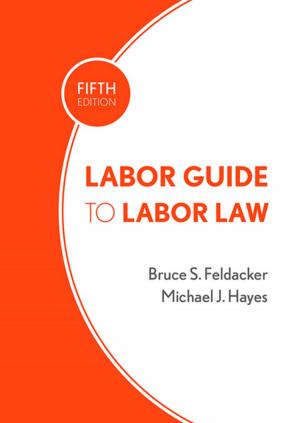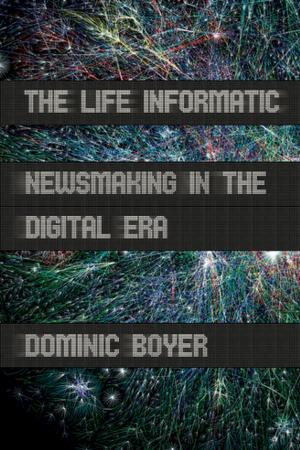Scribes of Space
Place in Middle English Literature and Late Medieval Science
Fiction & Literature, Literary Theory & Criticism, Medieval, Nonfiction, Science & Nature, Science, Other Sciences, History| Author: | Matthew Boyd Goldie | ISBN: | 9781501734052 |
| Publisher: | Cornell University Press | Publication: | March 15, 2019 |
| Imprint: | Cornell University Press | Language: | English |
| Author: | Matthew Boyd Goldie |
| ISBN: | 9781501734052 |
| Publisher: | Cornell University Press |
| Publication: | March 15, 2019 |
| Imprint: | Cornell University Press |
| Language: | English |
Scribes of Space posits that the conception of space—the everyday physical areas we perceive and through which we move—underwent critical transformations between the thirteenth and fifteenth centuries. Matthew Boyd Goldie examines how natural philosophers, theologians, poets, and other thinkers in late medieval Britain altered the ideas about geographical space they inherited from the ancient world.
In tracing the causes and nature of these developments, and how geographical space was consequently understood, Goldie focuses on the intersection of medieval science, theology, and literature, deftly bringing a wide range of writings—scientific works by Nicole Oresme, Jean Buridan, the Merton School of Oxford Calculators, and Thomas Bradwardine; spiritual, poetic, and travel writings by John Lydgate, Robert Henryson, Margery Kempe, the Mandeville author, and Geoffrey Chaucer—into conversation. This pairing of physics and literature uncovers how the understanding of spatial boundaries, locality, elevation, motion, and proximity shifted across time, signaling the emergence of a new spatial imagination during this era.
Scribes of Space posits that the conception of space—the everyday physical areas we perceive and through which we move—underwent critical transformations between the thirteenth and fifteenth centuries. Matthew Boyd Goldie examines how natural philosophers, theologians, poets, and other thinkers in late medieval Britain altered the ideas about geographical space they inherited from the ancient world.
In tracing the causes and nature of these developments, and how geographical space was consequently understood, Goldie focuses on the intersection of medieval science, theology, and literature, deftly bringing a wide range of writings—scientific works by Nicole Oresme, Jean Buridan, the Merton School of Oxford Calculators, and Thomas Bradwardine; spiritual, poetic, and travel writings by John Lydgate, Robert Henryson, Margery Kempe, the Mandeville author, and Geoffrey Chaucer—into conversation. This pairing of physics and literature uncovers how the understanding of spatial boundaries, locality, elevation, motion, and proximity shifted across time, signaling the emergence of a new spatial imagination during this era.















